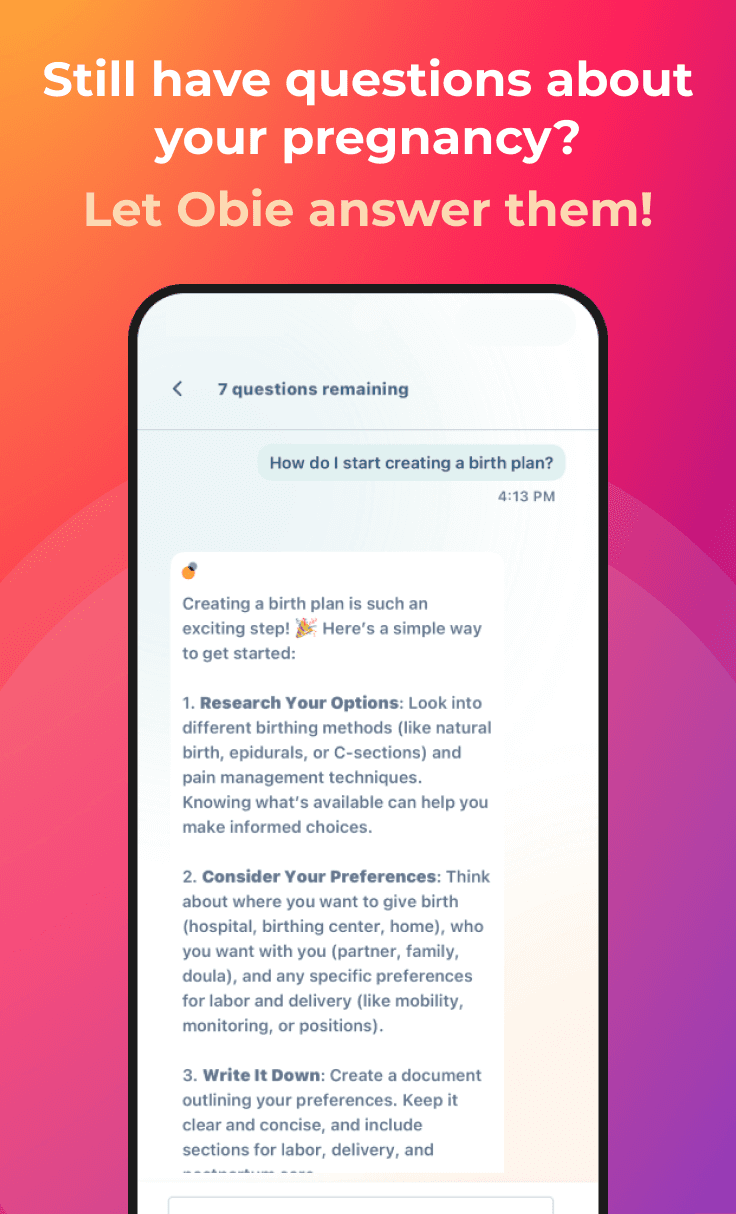Non-Invasive Prenatal Testing: Focus of Large Research Companies
Pregnancy News
Obie Editorial Team
Research and development companies like Ravgen and Natera, formerly Gene Security Network, are working to make invasive prenatal testing a thing of the past. Currently, pregnant women must undergo amniocentesis or chorionic villus sampling for many medically-necessary and elective procedures.
Amniocentesis requires physically invading the amniotic sac – something doctors simply don’t want to do. The fetus is safe inside the amniotic sac and while the risks of complication are low – low is not zero and until testing is 100% non-invasive, companies and researchers will continue working on a solution.
The Current State of Non-Invasive Testing
Work on non-invasive maternity testing has been hot lately. Advances have been made in paternity testing, miscarriage testing, genetic diagnosis and gene carrier screening. Just a few years ago these tests either didn’t exist or they required amniotic fluid to be performed.
Non-Invasive Prenatal Testing
At the forefront of non-invasive prenatal testing are paternity tests and chromosome testing. Paternity testing is far more advanced than chromosome testing. Currently, clinical trials are being completed on chromosome tests that utilize the small amount of fetal DNA found in maternal blood samples.
Miscarriage Testing
Miscarriages happen in about 25-percent of pregnancies. That is a number most women simply don’t understand, but a miscarriage does not have to mean an established pregnancy and miscarriage near the end of the first trimester. Many women conceive and miscarry before they find out they are pregnant. Women who know they’ve miscarried can find out more information than ever about the current medical situation and future chances of pregnancy safety with non-invasive miscarriage testing.
Genetic Diagnosis
When a couple is spending the money on IVF procedures they want to ensure they have the best chance possible of conception. Genetic Diagnosis is used to remove cells from fertilized eggs on day 3 or 5. The cells are tested for chromosome abnormalities before they are used for implantation.
Genetic Carrier Screening
Some diseases are invisible to couples who want to start a family. If two parents are carriers for a specific disease, the chance of passing an active form of the disease on to children increases dramatically. Genetic Carrier Screening is a non-invasive means to giving parents a better idea about possible genetic diseases.
Non-invasive prenatal testing is one of the biggest topics in medical research right now. Couples and pregnant women can undergo testing using maternal blood samples today that once required amniocentesis or CVS, but researchers are not done just yet. Clinical testing and new test developments are still pushing old medical limits. Soon, invasive testing will be a thing of the past.









